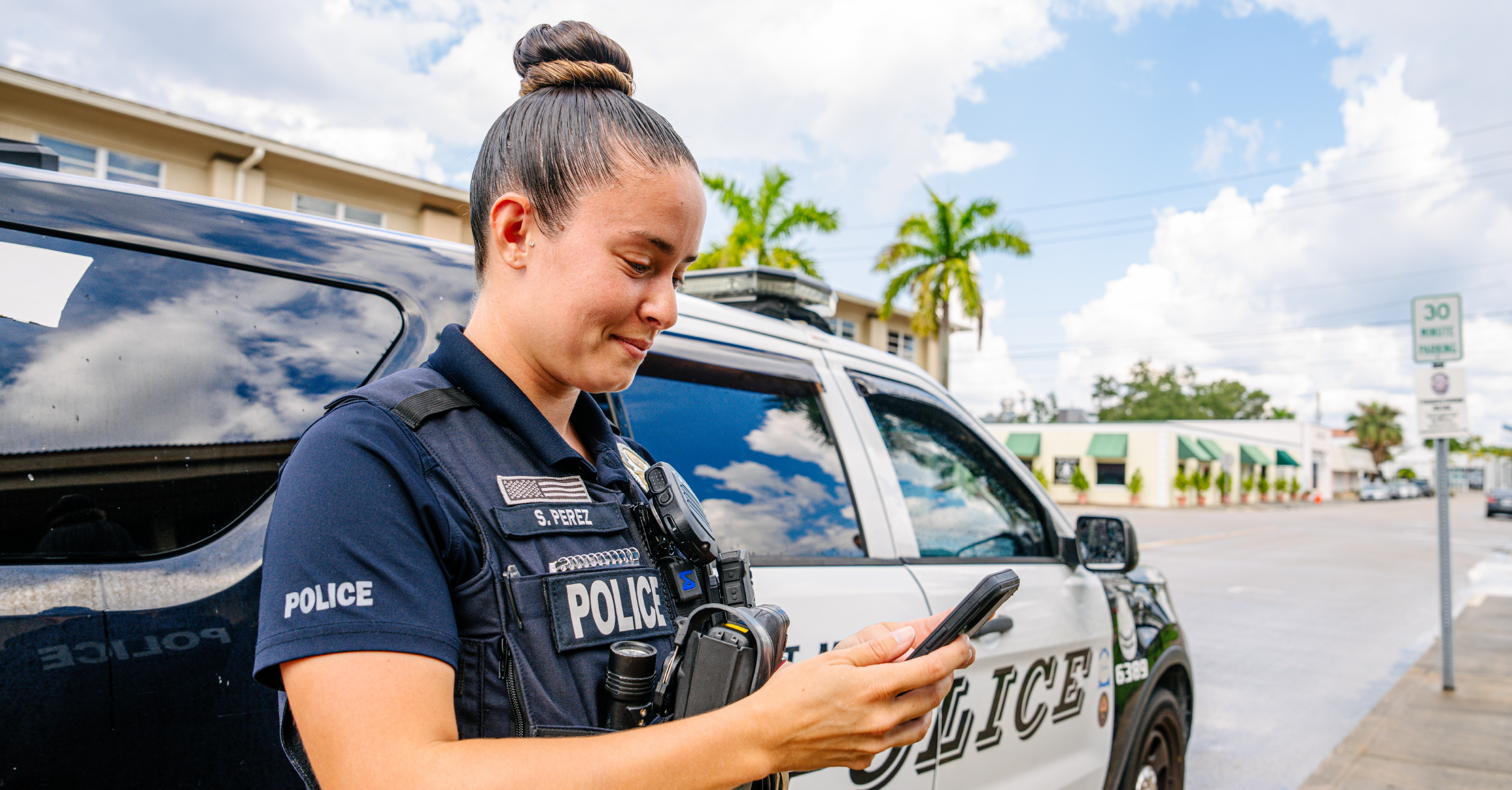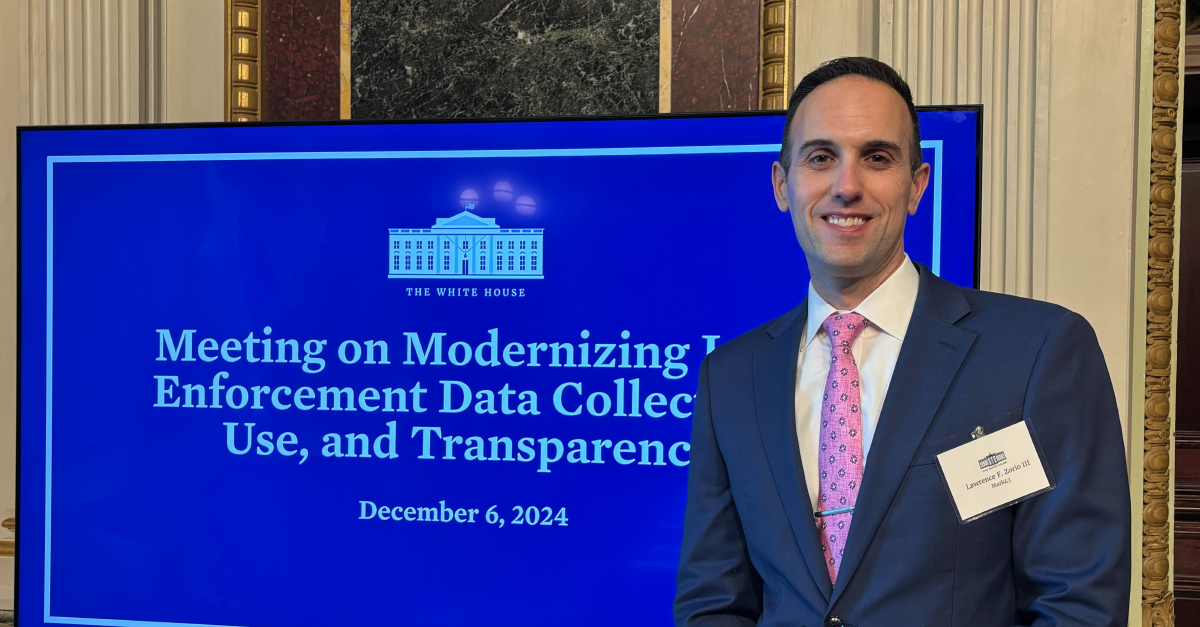
In the heart of Seattle, a city known for its innovation and diversity, a groundbreaking project is transforming the way law enforcement responds to hate crimes. The initiative, spearheaded by the Seattle Police Department (SPD) in collaboration with Mark43 and Accenture, aims to reduce victimization, improve case clearance, and streamline case processing so investigators can do what they do best, not wrangle data. Remarkably, the system identifies new bias/hate motivated incidents within 24 hours of them being reported. Rapid identification enables new pattern detection within 72 hours, down from 8-10 weeks, a reduction of 95%. This ambitious endeavor leverages human-in-the-loop Machine Learning, implemented in the cloud, to facilitate intelligent decision support. It is just one way in which cutting-edge technology and intelligent processes are being developed to improve the delivery of police service to vulnerable populations and better serve the community.
The Challenge: Detecting Bias Crimes in Real-Time
Seattle is a vibrant, multicultural city that values diversity. With nearly 50 types of bias and/or hate crimes spanning eight distinct categories: Race/Ethnicity/Ancestry, Sexual Orientation, Gender Identity, Political Ideology, Homelessness, Disability, Gender, and Religion, identifying bias/hate in the field can be challenging. As our thirst for data has grown, so too has the length and complexity of police reports. Historically, the process to confirm a bias/hate incident or offense has been labor-intensive, involving manual queries, spreadsheets and reviews. Under this traditional model, it could take 10 weeks, or more, to identify a new bias or hate crime. Response to the event (investigation and/or interdiction), as well as critical victims outreach and crime prevention efforts were all hindered by this critical bottleneck. The resulting delays, resource overload, and inefficiencies needed to be mitigated.
The Solution: Intelligent Decision Support
Strong public/private partnerships build robust solutions. Seattle PD and Mark43 leveraged their close working relationship to deploy a human-in-the-loop, intelligent decision support system using applied computational statistics, at the edge of the operation. Fully integrated with the systems and infrastructure police use to report and investigate crime. This system integrates advanced machine learning models with the operational capabilities of Mark43’s RMS, significantly enhancing the speed and accuracy of bias crime detection. This efficiency is realized with minimum human effort, and significant reduction in the risk of human error.
Key Goals:
- Reduce Victimization: By swiftly identifying new offending patterns, the system enables agile crime prevention, safeguarding vulnerable populations.
- Improve Case Clearance: Faster detection and classification of bias incidents enables rapid investigative response, while the crime is still fresh. Faster investigations and more efficient case processing should result in higher arrest clearance rates.
- Enhance Efficiency: Automation at the edge of the operation (the RMS), minimizes manual data wrangling, allowing officers, and detectives to focus on what they do best — fight crime.
This system integrates advanced machine learning models with the operational capabilities of Mark43’s RMS, significantly enhancing the speed and accuracy of bias crime detection.
How It Works
The system flags new bias/hate motivated crimes for review, within 48 hours. Rapid pattern detection using confirmed bias/hate crimes can then occur less than 72 hours after they are reported. New police reports are evaluated in the SPD data warehouse once a day. Predicted bias/hate crimes are automatically flagged using the Mark43 task API. Users (officers and detectives) are alerted of new potential bias/hate crimes through notifications and the Mark43 dashboard. After clicking on a task, users are given instructions to review, confirm and set certain values in the record to confirm it is bias/hate motivated. This human-in-the-loop approach ensures accuracy. The machine learning model and triage process are continuously monitored for performance. Periodic retraining maintains a good balance between over and under fit, assuring the system continues to perform optimally and learn.
By integrating intelligent processes at the edge of the operation, the system limits the need for manual intervention, making the entire process more efficient.
The Impact: Better Crime Prevention and Community Engagement
This system not only demonstrates a commitment to those most vulnerable, it affords police the opportunity to build trust and legitimacy through the responsible use of technology many regard with fear and skepticism. Efficiencies are realized by reducing the time to detect from several weeks (8 to 10) to just 72 hours, a 95% reduction. Early identification of emerging patterns of victimization allows police to engage with vulnerable communities, raising awareness and promoting personal safety. This proactive approach reduces victimization, fosters a sense of security within the community and reinforces a sense of collective efficacy.
A Model for Precision Policing
Seattle’s Bias Crime Identifier, operationalized through the partnership with Mark43 and SPD’s data engineering vendor Accenture, represents a significant advancement in law enforcement’s ability to tackle bias and hate crimes. By blending the speed and consistency of advanced language models with the precision and flexibility of human supervision, this initiative sets a new standard for precision policing. As Seattle continues to innovate and improve its approach, other cities may look to this model as a blueprint for creating safer, more inclusive communities.
For more information on bias crimes in Seattle and to view the dashboard, visit the Seattle Police Department’s Bias/Hate Crime Data page.
Want to learn more about the SPD Bias Crime Identifier? Register for our upcoming webinar on July 17, 2024.
Interested in learning how our innovative solutions can empower your agency? Let’s chat! Contact us today to schedule a personalized demo and discover how we can support your mission.




